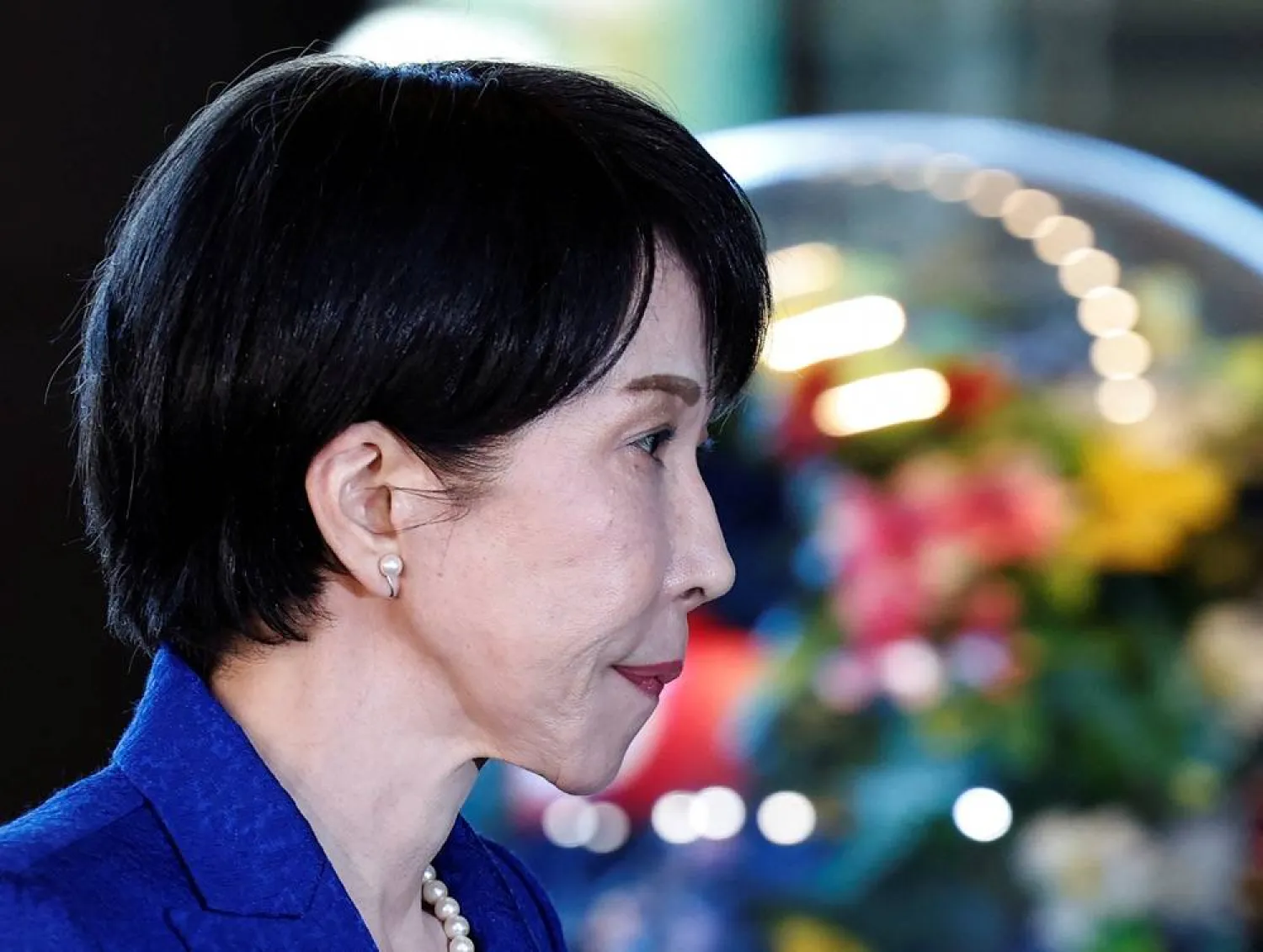A fire that apparently started in crop stubble spread through settlements in southeast Türkiye overnight, killing 11 people and leaving dozens of others requiring medical treatment, officials and news reports said Friday.
In neighboring Greece, authorities evacuated several villages in the southern Peloponnese region because of wildfires.
The blaze in Türkiye broke out in an area between the provinces of Diyarbakir and Mardin. Fanned by winds, it moved quickly through the villages of Koksalan, Yazcicegi and Bagacik, Diyarbakir Gov. Ali Ihsan Su said. The fire was brought under control early Friday.
Health Minister Fahrettin Koca posted on X that 11 people were killed. Around 80 others required treatment, including six who were in serious condition.
Justice Minister Yilmaz Tunc said that authorities have launched an investigation into the cause of the fire, which lit up the night sky.
Residents believe the blaze was caused by sparks from a power line that set crop residue ablaze, according to independent news website Gazete Duvar. Some of the hospitalized people were villagers who tried to extinguish the fire, it said.
Hundreds of farm animals also perished in the fire, according to news channel HaberTurk.
Across the country in northwest Türkiye, meanwhile, firefighters were battling a wildfire near the town of Ayvacik in Canakkale province, the state-run Anadolu Agency said.
No one was hurt, but authorities evacuated the small village of Camkoy as a precaution, the agency reported.
It was one of several wildfires that have erupted in the province of Canakkale in the past week amid high winds and scorching summer temperatures.
Wildfires also erupted in Greece amid very windy, hot and dry conditions. About a dozen villages or settlements were ordered evacuated as a precaution because of wildfires in the southern Peloponnese region.
There were no immediate reports of injuries. State-run ERT television reported at least six homes burned in one southern village that had been safely evacuated in advance. Firefighters on the ground were assisted by water-dropping aircraft.
The greater Athens region was on the top wildfire emergency footing Friday because of the weather forecast, with bans on entering forests and parks. A fire in the area of Saronida, south of the Greek capital, was brought under control in the evening.
The fire service said late Friday that 64 wildfires had broken out around the country in the previous 24 hours.









